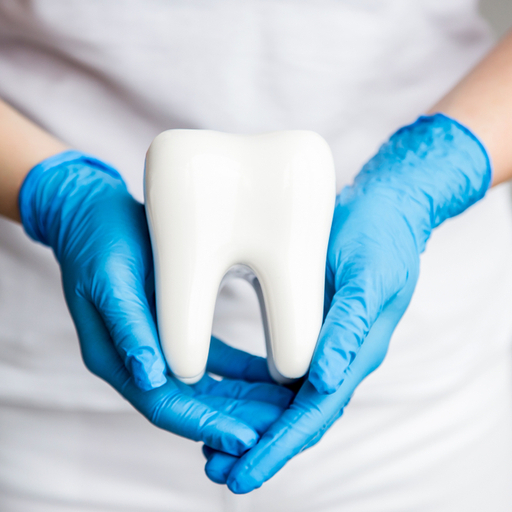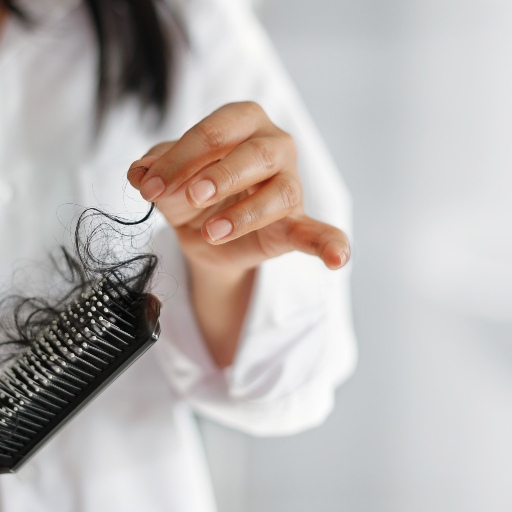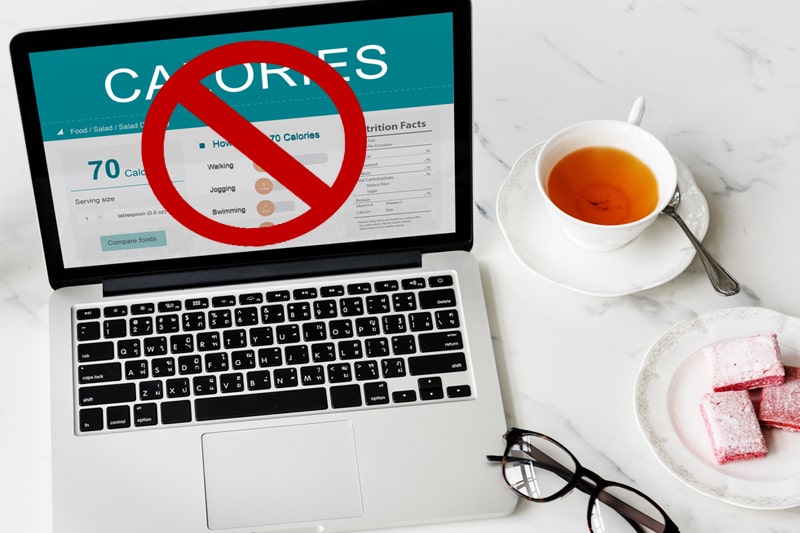Do you still have queries regarding breastfeeding your baby? You must have gone through a bulk of information out there not only on the internet and social media but also gained it through family and friends. Confusion arises when you are unable to distinguish between what is true and what is not.
Following are some of the common myths about breastfeeding along with their true facts to clear out the confusion:
#1
Myth: Breastfeeding should be done with several food restrictions.
Fact: It is important for mothers who breastfeed to eat a healthy, balanced diet. But to reduce or increase their consumption of certain foods is not correct. Just stay well-hydrated if you are breastfeeding and drink enough water to quench your thirst.
#2
Myth: Women who have undergone breast surgery for reduction or augmentation can’t breastfeed their babies.
Fact: Most of the women who have undergone this type of surgery are able to manage very well. There is no evidence to prove that breastfeeding under such conditions can be dangerous.
#3
Myth: Most women don’t produce sufficient milk.
Fact: This is not true, as the majority of women produce more than enough milk to easily feed and nourish their baby, even twins, for that matter. Basically, milk production is based on the law of supply and demand, which means that the more the baby demands, the more the mother will produce. In some cases, it may happen that milk production may be insufficient or diminish suddenly for several reasons, such as any medication that affects lactation or due to health issues.
#4
Myth: Babies should learn to drink from the bottle, and you must always introduce the bottle to the baby before it refuses to take it.
Fact: There are several cases where the mother decides to introduce the bottle for various reasons, but it is not necessary that a baby must learn to drink from it. It’s more important to focus on starting breastfeeding. Thereafter, it will be possible to occasionally introduce the bottle.
#5
Myth: Prematurely born babies can’t be breastfed.
Fact: A baby can be breastfed even if it is premature. At birth, premature babies may feed a little from the breast or not at all in some cases. There are various factors that influence the time when premature babies are ready to take be breastfed. Premature babies take more time to breastfeed as compared to normal babies, but with time and patience, they can be breastfed successfully.
#6
Myth: A pregnant woman cannot continue breastfeeding.
Fact: In many cases, women become pregnant while they are breastfeeding one baby. The mother can continue breastfeeding if she wishes to. It is neither harmful to the fetus nor the breastfeeding child. However, hormonal changes that take place during pregnancy can affect the quantity or the composition of milk production.
#7
Myth: Breastfed babies need some other type of milk after 6 months of age.
Fact: Breast milk gives babies all the nutrition that other types of milk would offer. Hence, there’s no need for change. Instead, babies who have never had external milk before 6 months of age often refuse to drink it because of a different taste. The external food can be introduced gradually along with breast milk as solid food is an additional healthy source of iron, and breast milk doesn’t contain sufficient mineral salts to meet the baby’s needs at this age. Therefore, you can continue to breastfeed your baby at the same time you introduce the solid food.
You must remember that breastfeeding is also an important phase of life both for the mother and the baby. Mothers should be aware of all the facts about breastfeeding. Keep the above facts in your mind and wean your baby gently with love, care and patience.
Stay tuned to the Activ Living Community. Keep up to date with the latest health tips and trends through expert videos, podcasts, articles, and much more in nutrition, fitness, mindfulness, and lifestyle conditions like Asthma, Blood Pressure, Cholesterol, and Diabetes.
Credit: Welcome Cure






 1800-270-7000
1800-270-7000











